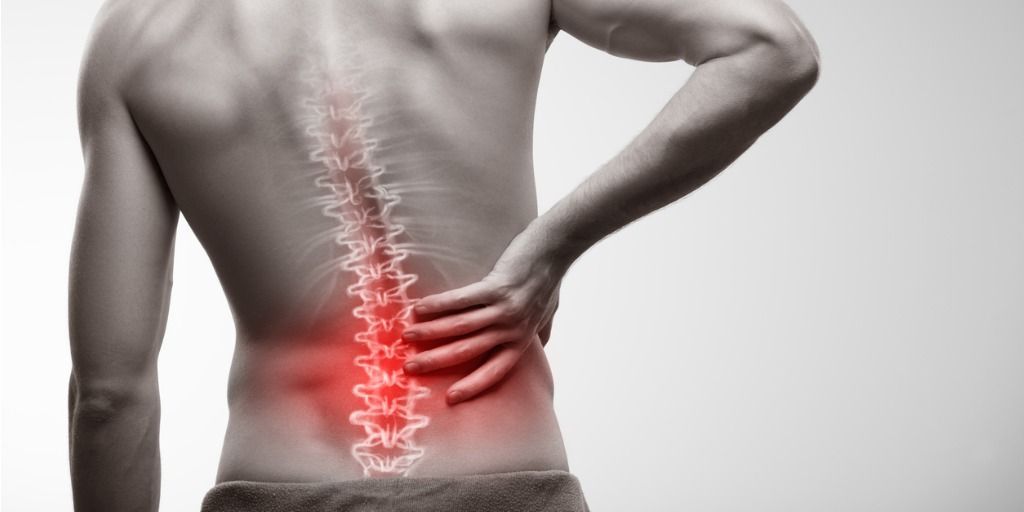Olympic athletes rehab vs everyday rehab
When we watch Olympic athletes achieve incredible feats, it’s easy to focus solely on the individual. After all, it’s the athlete who stands atop the podium, receiving the medal. However, behind every Olympic champion is a support team—coaches, medical practitioners, allied health professionals, mental health experts, and family members—whose contributions are crucial to the athlete’s success. The existence and importance of these teams remind us of the value of support networks in every aspect of life, including the process of returning to work and life after an injury.
The Role of Support Teams in Olympic Success
Olympic athletes are extraordinary, but they do not reach the pinnacle of their sports alone. A coach tailors training programs and strategies, guiding the athlete through physical and technical development. Health professionals, including Exercise Physiologists, Physiotherapists and Sports Doctors, ensure the athlete’s body can withstand the rigors of elite competition. Nutritionists design meal plans that fuel peak performance, while sports psychologists help athletes maintain mental resilience under immense pressure. Family members, friends as well as the aforementioned health professionals provide emotional support.
This multifaceted support system ensures that athletes can focus on their performance while knowing they have experts taking care of everything else. The synergy of these different roles creates an environment where athletes can thrive, recover from setbacks, and ultimately succeed.
Parallels to Everyday Life: Returning to Work After Injury
The concept of a support team isn’t just for elite athletes; it’s equally important in everyday life, especially when someone is recovering from an injury and preparing to return to life and work. An injured person, much like an athlete, faces physical, mental, and emotional challenges. Having a comprehensive support system can make a significant difference in their recovery and integration to their usual life.
In the context of returning to work, the support team will include healthcare professionals, rehabilitation experts (Exercise Physiologists), workplace rehabilitation services, friends and family members. Each plays a vital role:
1. **Healthcare Professionals**: Doctors and Specialists assess the injury and create a tailored recovery plan. They monitor progress, making adjustments as needed, and provide the necessary medical treatments to aid recovery.
2. **Rehabilitation Experts**: These professionals, such as Exercise Physiologists and Physiotherapists, work with the injured worker to design tailored exercise programs to reduced symptoms, restore physical mobility, and function for life and work.
3. **Workplace Rehabilitation Providers**: Employers and independent organisations play a crucial role by ensuring the worker feels supported during their transition back to work. This could involve modifying job responsibilities, offering flexible hours, or implementing a gradual return-to-work plan. Open communication between the worker and workplace rehabilitation providers is essential to ensure that the worker’s needs are met.
4. **Friends and Family**: Emotional and psychological support from loved ones can’t be underestimated. They provide encouragement, help maintain a positive outlook, and offer practical assistance in day-to-day life.
The Importance of a Holistic Approach
Both Olympic athletes and injured workers benefit from a holistic approach to support. Just as an athlete’s success is not solely about physical prowess, an injured worker’s recovery is not just about physical healing. Mental and emotional well-being are equally important, and a strong support team can address all these areas.
In both cases, the presence of a support network helps the individual stay focused, motivated, and resilient in the face of challenges. Whether striving for Olympic gold or returning to work after an injury, having a dedicated team can make all the difference. By surrounding ourselves with the right support, we can all achieve our personal best, regardless of the obstacles we face.
Hadyn Sleeman
Regional Manager (B.Sc (Physio), Dip. L & M)




